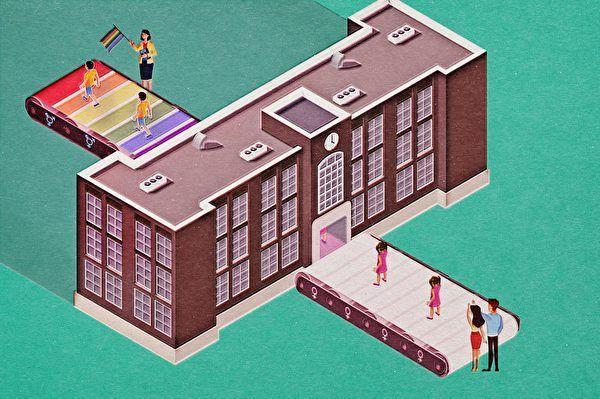As the term transgender has become a buzzword in societal conversations, many children tell their parents that they were “born in the wrong body.” Amid a chorus of experts and educators claiming acceptance and transition as the sole paths to happiness, parents find themselves in a harrowing dilemma as they see their children on the brink of life-altering decisions.
In this landscape, one Chinese Canadian mother stands out. Armed with love, tolerance, and resilience fostered by her faith, she embarked on a journey to guide her daughter away from the brink of gender transition.






